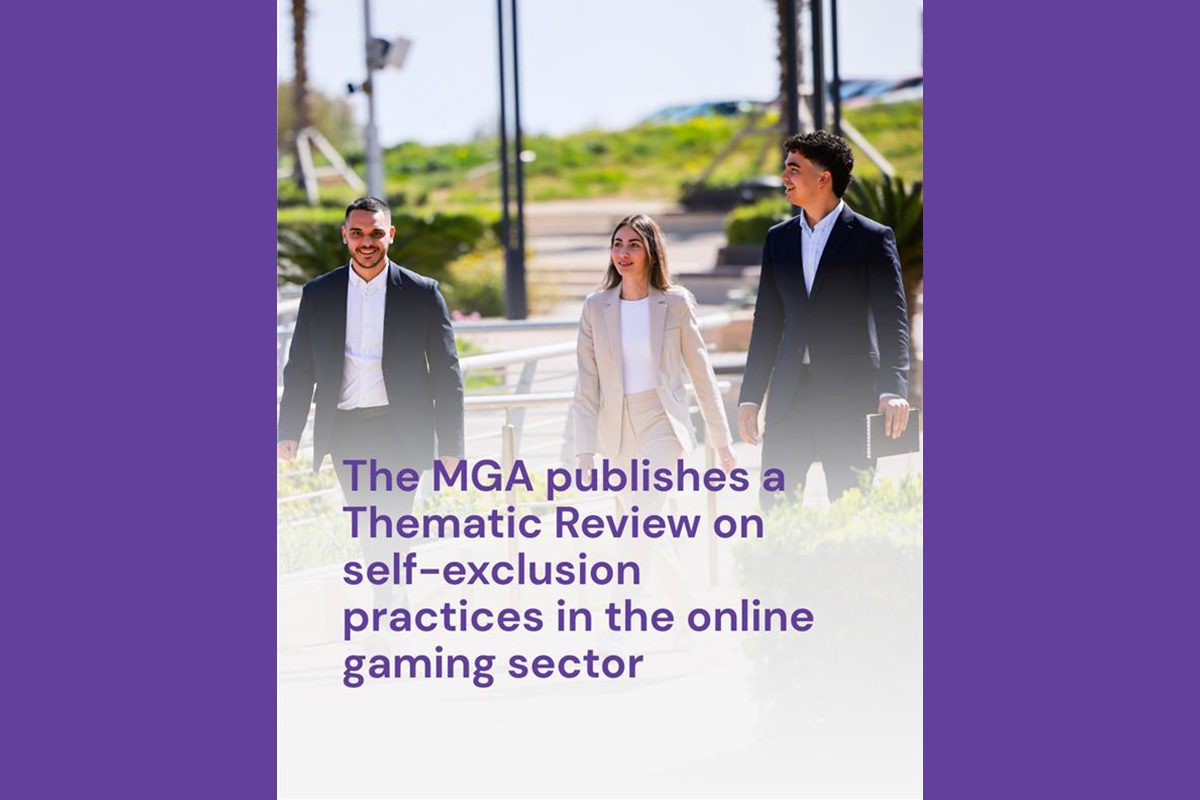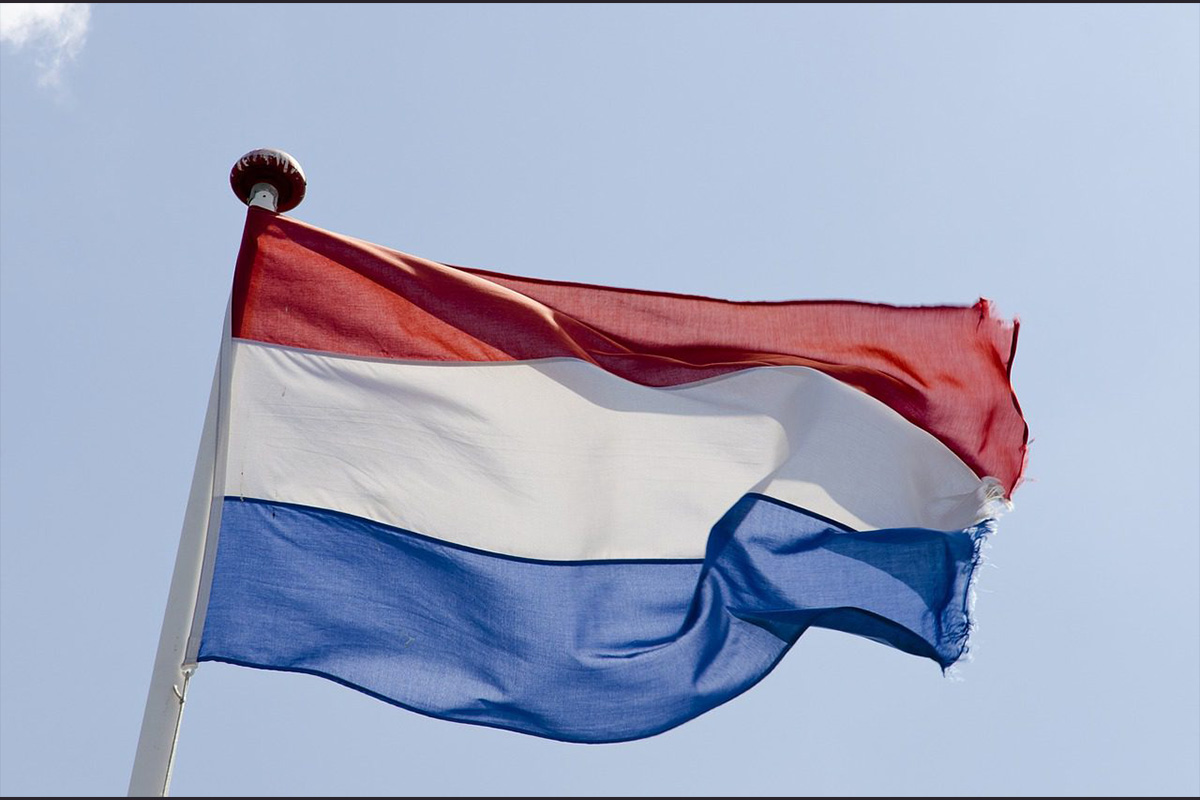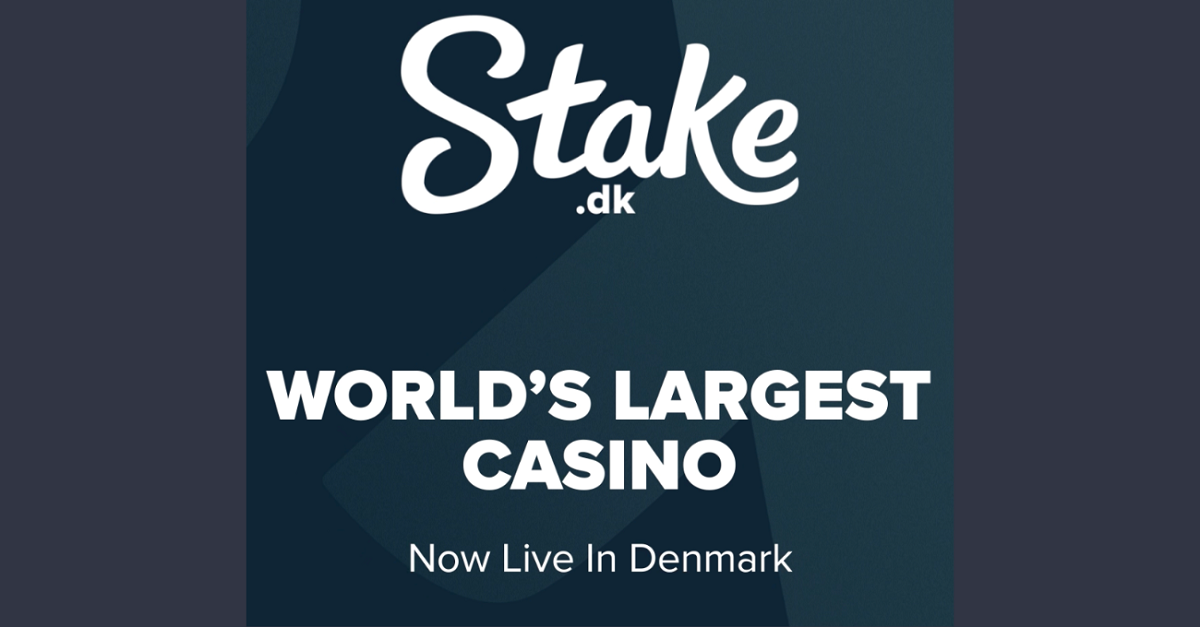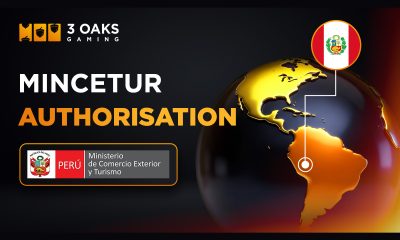Compliance Updates
Swedish Trade Association for Online Gambling – BOS welcomes possible prejudicial decision on penalty fees
The Supreme Administrative Court of Sweden last Tuesday made a remarkable statement linked to a decision on a penalty fee against the gambling operator Genesis Global Ltd. The Supreme Administrative Court states, similar to what BOS has claimed for a long time, that penalty fees decided by the Swedish Gambling Authority should be based on Gross Gaming Revenue (GGR), and thus not gross turnover as the SGA has applied so far.
A gambling company’s GGR is usually less than ten percent of its gross turnover.
The decision from The Supreme Administrative Court may have a prejudicial effect, not only for future decisions on penalty fees, but for all penalty fees that have already been imposed since the Swedish re-regulation in 2019. The issue is far from settled, but this may mean significant cost reductions for future but also already decided sanction decisions. The possible prejudicial effect is now under investigation at the SGA.
“This decision is very welcome, albeit belated. That penalty fees should be based on GGR and not gross turnover should have been obvious from the start, since it is only GGR that the gambling company has at its disposal and can therefore use to pay any penalty fees. The rest of the money belongs to the gamblers and not the gambling company”, says Gustaf Hoffstedt.
“We look forward to the SGA’s review of sanction decisions made since the Swedish reregulation. We appeal to the inspectorate not to increase the penalty fee based on GGR tenfold, just to get to the same level as the previous fee based on gross turnover. The Swedish penalty fees have been grotesquely high and now the Supreme Administrative Court is giving Sweden a second chance to settle on a more reasonable level for penalty fees”, concludes Gustaf Hoffstedt.
Powered by WPeMatico
Compliance Updates
MGA Publishes Results of Thematic Review on Self-exclusion Practices in Online Gaming Sector

The Malta Gaming Authority (MGA) has published the results of a Thematic Review on how online B2C licensees implement self‑exclusion and other responsible gambling safeguards. The Review sought to identify any systemic weaknesses and clarify regulatory expectations relating to player protection, highlighting areas performing well as well as opportunities for licensees to strengthen their practices.
The Review was carried out in 2025 following reports that some players were able to access multiple brands despite being self‑excluded due to problem gambling. It examined the real‑world performance of player protection tools across 20 licensees and 58 active URLs. A mystery shopping exercise assessed the effectiveness of self‑exclusion processes, cross‑brand account controls, and the presentation of responsible gambling protections at key points of play.
The findings presented in this document reaffirm the Authority’s ongoing commitment to safeguarding players and upholding the integrity of the online gaming sector. Overall, the Thematic Review indicates a positive level of compliance, with the majority of licensees assessed demonstrating practices that are broadly in line with regulatory expectations. At the same time, the Review highlights opportunities for further strengthening player protection measures across the sector.
The assessment outlines the specific areas where enhancements would be beneficial. These include delays in activating self‑exclusion, instances where exclusions were lifted without applying a mandatory cooling‑off period, challenges in detecting duplicate or closely matching player identity details across brands, the absence of limit‑setting prompts during registration, and incomplete information displayed within Reality Check pop‑ups. Together, these findings provide guidance where systems and processes can be enhanced to ensure player protection measures operate as intended.
The Authority has communicated the findings to the relevant licensees, each of whom has been asked to address the points raised and submit rectification plans. Follow‑up supervisory engagement will continue where necessary, including monitoring the implementation of corrective actions. This work forms part of the Authority’s broader risk‑based oversight approach, aimed at promoting higher and more consistent standards of player protection across the sector.
Through this Guidance Document, the Authority encourages all licensees to use the insights from this Review to reinforce their internal frameworks, enhance their responsible gambling controls, and continue contributing to a safer and more sustainable gaming environment.
The post MGA Publishes Results of Thematic Review on Self-exclusion Practices in Online Gaming Sector appeared first on Eastern European Gaming | Global iGaming & Tech Intelligence Hub.
Adventure One QSS
Dutch Gambling Authority Imposes Penalty on Adventure One QSS for Illegal Gambling

The Netherlands Gambling Authority (KSA) has imposed a penalty on Adventure One QSS Inc. for illegal gambling. Adventure One offers games of chance on the Dutch market under the Polymarket brand name, without a license. The KSA has called on Polymarket to cease its activities immediately. If it fails to do so, the company will be fined €420,000 per week, with a maximum of €840,000.
Polymarket has been frequently in the news in recent months, particularly regarding betting on the Dutch elections. Although Polymarket itself states that prediction markets do not fall under the category of gambling, the Netherlands Gambling Authority (KSA) has taken a different stance. After contacting the company about its illegal activities on the Dutch market, there has been no visible change, and the offering remains available. The Netherlands Gambling Authority therefore imposed this order, subject to a penalty. A turnover-related fine may also be imposed at a later date.
Ella Seijsener, director of licensing and supervision at the Netherlands Gambling Authority (KSA), said: “Prediction markets are on the rise, including in the Netherlands. These types of companies offer bets that are not permitted in our market under any circumstances, not even by license holders. Besides the social risks of these kinds of predictions (for example, the potential influence on elections), we conclude that this constitutes illegal gambling. Anyone without a KSA license has no business in our market. This also applies to these new gambling platforms.”
The post Dutch Gambling Authority Imposes Penalty on Adventure One QSS for Illegal Gambling appeared first on Eastern European Gaming | Global iGaming & Tech Intelligence Hub.
Brais Pena Chief Strategy Officer at Easygo
Stake Goes Live in Denmark Following Five-Year Licence Approval

Stake, the largest online casino and sportsbook globally, today proclaims its official entry into Denmark after obtaining a five-year online casino and sports betting license. The shift reinforces Stake’s enduring dedication to enhancing its global growth strategy.
Denmark is often seen as a regulatory success within the European online gambling scene, and Stake has now introduced its flagship, internationally recognized product to the Danish market. Players will unlock access to Stake’s top-tier casino and sportsbook, showcasing exceptional games, cutting-edge technology, and an exceptional user experience, all provided with a strong local emphasis.
Starting 1 March 2026, Stake Denmark will set up its new headquarters at Parken Stadium, the national football stadium of Denmark and the home ground for FC Copenhagen.
Peter Eugen Clausen, Managing Director at Stake Denmark, said: “Denmark has one of the most well-regulated and competitive gaming markets in Europe, and that’s exactly what makes it so exciting. With Stake’s arrival, Danish players can expect a fresh, world-class experience backed by global scale and strong local focus. We’re raising the bar in terms of product, transparency, and entertainment, and I believe increased competition from brands like Stake will only drive the market forward in a positive way.”
Brais Pena, Chief Strategy Officer at Easygo, the technology company behind Stake, said: “Denmark marks our entry into the Nordics and represents a clear win in one of Europe’s most mature and high-value markets. With each new market, our momentum continues to build as we deliver on our global expansion strategy.”
Since its inception in 2017, Stake has positioned itself as the top betting and gaming brand globally by continually presenting advanced technology and novel gaming experiences for players around the globe. Upon entering Denmark, Stake maintains its dedication to player safety and responsible gaming, guaranteeing that gambling stays enjoyable, secure, and entertaining by providing extensive tools and resources that assist customers in comprehending and monitoring their gambling behavior.
The post Stake Goes Live in Denmark Following Five-Year Licence Approval appeared first on Eastern European Gaming | Global iGaming & Tech Intelligence Hub.
-

 Amusnet7 days ago
Amusnet7 days agoWeek 7/2026 slot games releases
-

 Brino Games7 days ago
Brino Games7 days agoQTech Games integrates more creative content from Brino Games
-

 Aphrodite’s Kiss7 days ago
Aphrodite’s Kiss7 days agoLove on the Reels: Slotland Introduces “Aphrodite’s Kiss”
-

 Alex Malchenko7 days ago
Alex Malchenko7 days agoEvoplay Strengthens Canadian Presence with BetMGM Partnership
-

 3 Oaks Gaming7 days ago
3 Oaks Gaming7 days ago3 Oaks Gaming Enters Spanish Market
-

 AMLA7 days ago
AMLA7 days agoAMLA Launches Public Consultation on Three Draft Regulatory Acts
-

 Latest News7 days ago
Latest News7 days agoRed Papaya Presents: Lucky Rainbow Rush Adventure
-

 3 Oaks Gaming7 days ago
3 Oaks Gaming7 days ago3 Oaks Gaming Secures Registration from MINCETUR to Enter the Regulated Peruvian Market



















